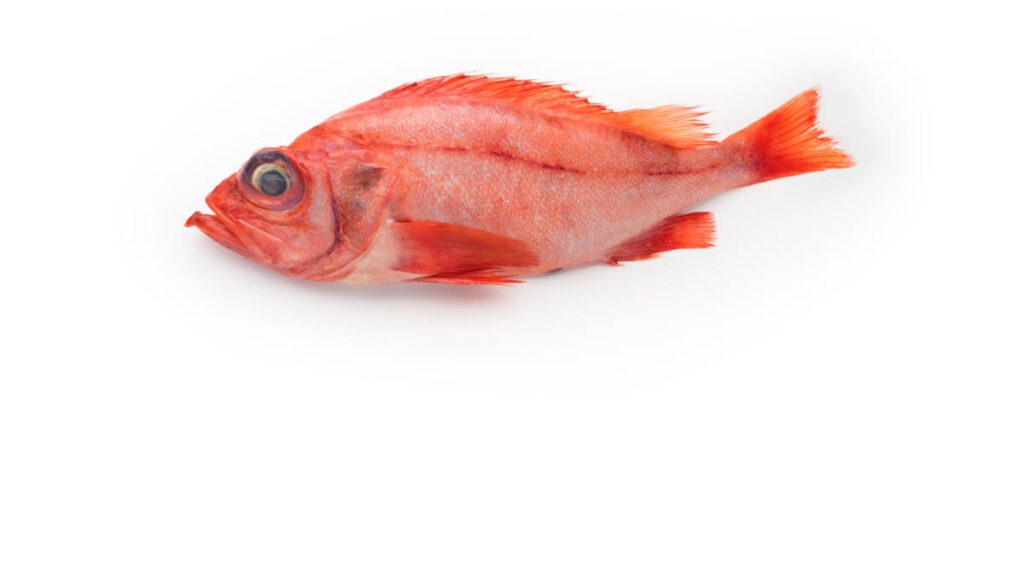Redfish have made a remarkable comeback since 2011 and Fisheries and Oceans Canada (DFO) recently announced an end to the commercial redfish moratorium in the Gulf of St. Lawrence in place since 1995. DFO indicated a phased approach, beginning with a 25,000-tonne minimum quota for the 2024 fishing season. However, many critical questions about the management and monitoring of this fishery remain unanswered and must be resolved before the fishery opens. Below is Oceana Canada’s response from Fishery Scientist Rebecca Schijns:
“Oceana Canada urges Fisheries Minister Lebouthillier and DFO to take a cautious approach. We call on the Canadian government to develop a redfish management plan to prevent the same overfishing that led to its collapse 30 years ago. It must include rigorous monitoring requirements in line with DFO’s Fishery Monitoring Policy.
Careful monitoring is essential because there are two species of redfish in the Gulf of St. Lawrence that look identical to the untrained eye. Deepwater redfish (Sebastes mentella) are healthy and flourishing, while Acadian redfish (Sebastes fasciatus) are in the cautious zone. A sustainable fishery may be able to target Deepwater redfish, however, it would also need to prevent the incidental catch (or bycatch) of undersized fish and less abundant Acadian redfish, along with other species that are depleted or commercially valuable.
With the rebound of redfish, DFO has an opportunity to demonstrate how a fishery can be re-opened successfully. By following modern policies and management practices, redfish can provide an economic boost to coastal communities for years to come.”
Oceana Canada was established as an independent charity in 2015 and is part of the largest international advocacy group dedicated solely to ocean conservation. Oceana Canada has successfully campaigned to ban single-use plastics, end the shark fin trade, make rebuilding depleted fish populations the law, improve the way fisheries are managed and protect marine habitat. We work with civil society, academics, fishers, Indigenous Peoples and the federal government to return Canada’s formerly vibrant oceans to health and abundance. By restoring Canada’s oceans, we can strengthen our communities, reap greater economic and nutritional benefits and protect our future. Find out more at www.oceana.ca








